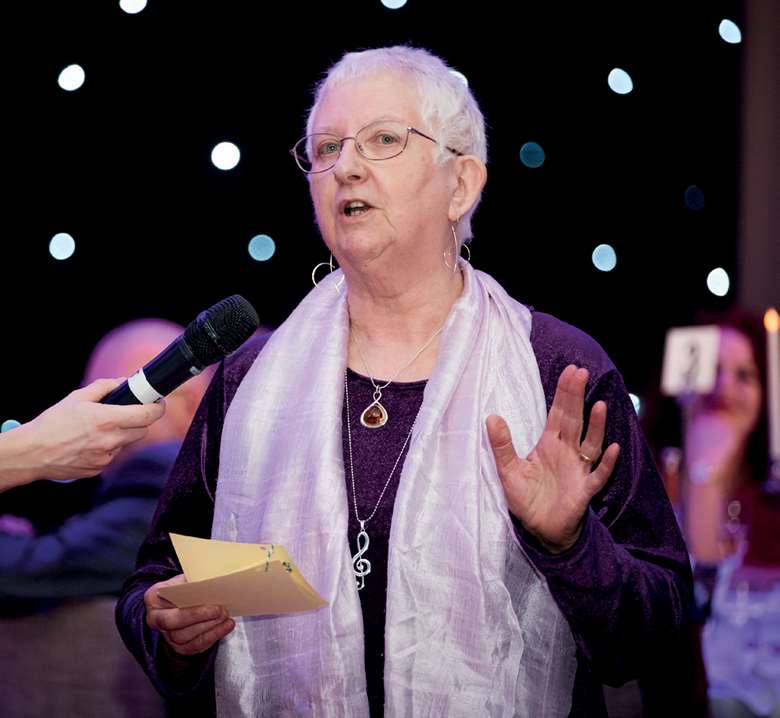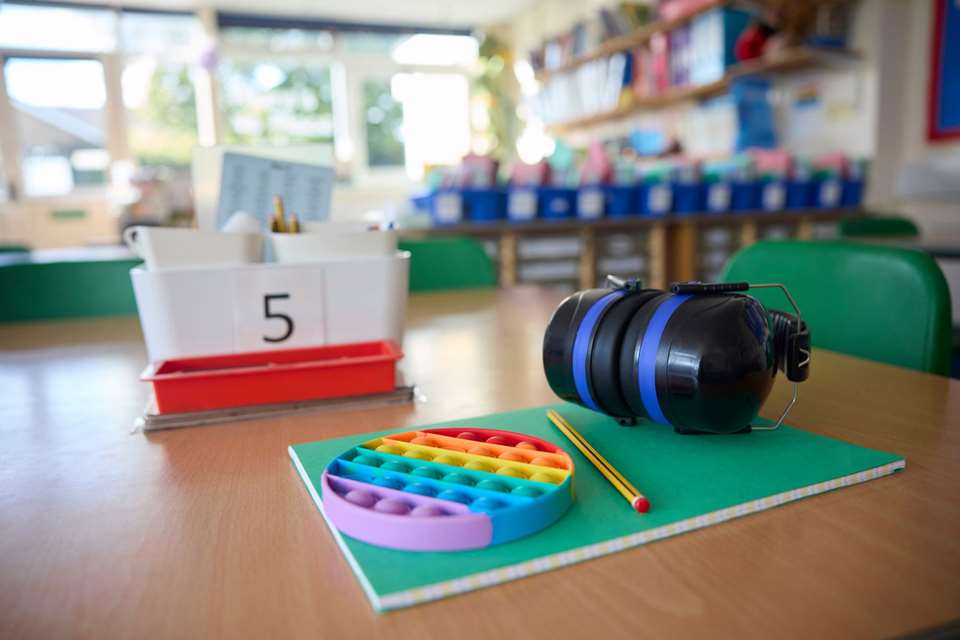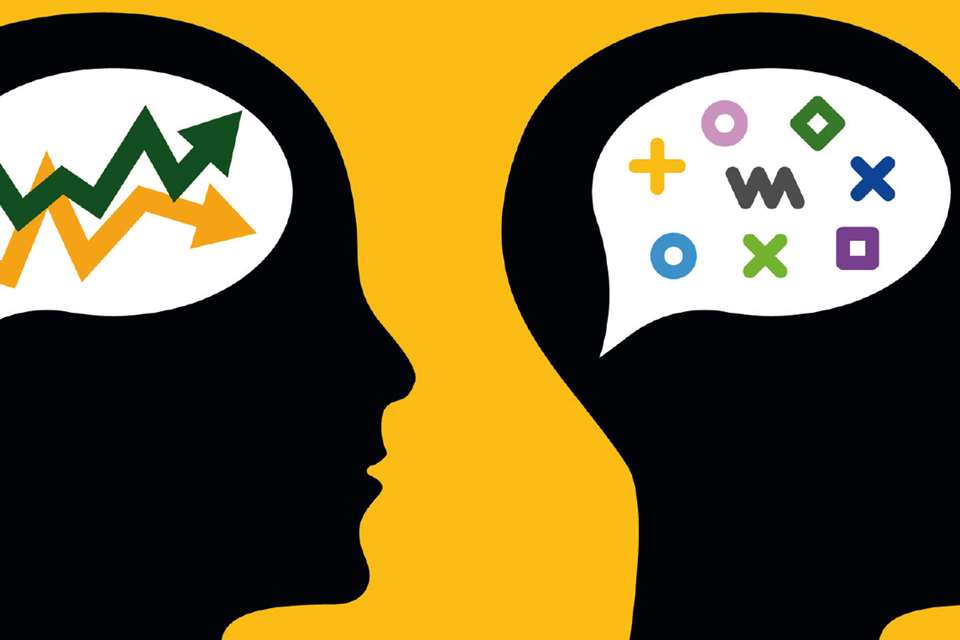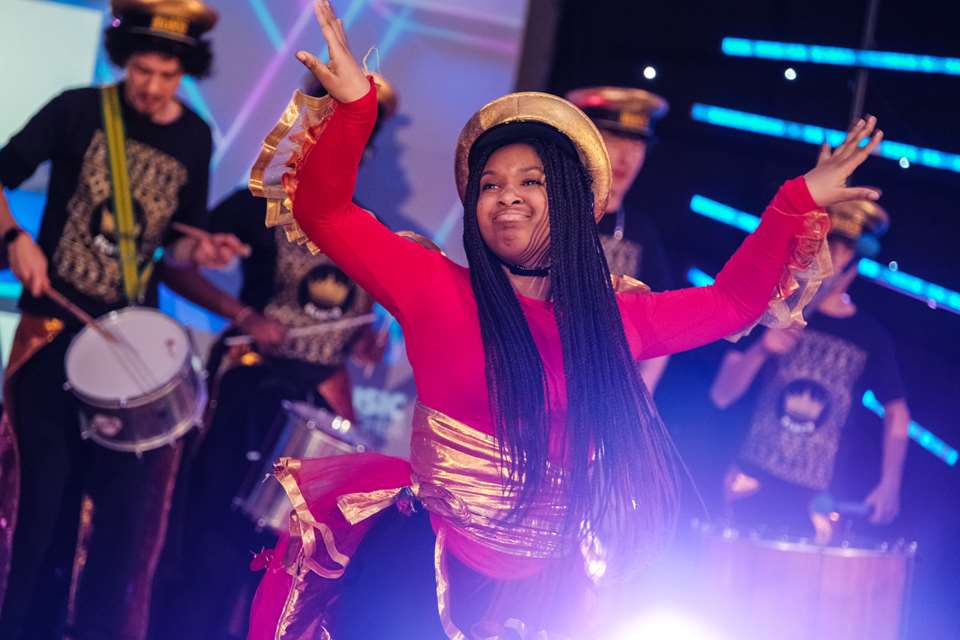Sally Daunt interview: star of the show
Amrit Virdi
Monday, April 1, 2024
Winner of the Lifetime Achievement Award at the 2024 Music & Drama Education Awards, Sally Daunt has played a pivotal role in shaping our understanding and policies around music and neurodiversity. MT's Amrit Virdi meets her to find out more.

Colin Miller
AV: How does it feel to have won the award?
SD: Absolutely extraordinary. My colleague from the British Dyslexia Association (BDA) Music Committee was the person who nominated me and I knew nothing about it. It was an enormous surprise.
AV: What inspired you to pursue a life of music education?
SD: I've been involved in music education for 63 years and my career has fallen into two parts, stemming from music teaching and developing into being a support worker in higher education.
Everybody in my family played instruments, so I was brought up in a musical atmosphere. My secondary school music teacher was also marvellous; through her I had the opportunity to sing at the Royal Festival Hall every year, performing the St Matthew Passion for example, and being on stage with Sir David Willcocks. I was also keen on Benjamin Britten; I had the opportunity to meet the composer and watched him rehearse the first London performance of the War Requiem – those experiences just stay with you.
When I was at Newton Park College (now Bath Spa University), professor George Odam was a music educationalist who inspired me hugely. I was still in touch with him until he sadly died a couple of years ago.
I gained an interest in music and dyslexia when I began working as a support tutor in higher education. Sheila Oglethorpe wrote a pioneering handbook called Instrumental Music for Dyslexics, and when I met her at a talk 13 years ago, she invited me onto the BDA Music Committee.
AV: What role do you play as chair of the BDA music committee?
SD: A lot of people aren't aware of the impact of neurodiversity on music and performing arts. Much of my role is about liaising with the examination boards, conservatoires and specialist music schools to discuss how exams – specifically aural and theory – can be made more accessible. Trying to get the information out to musicians, teachers, parents and so on is a key goal. There are instances where musicians don't reveal their dyslexia over concerns that it might impact their career, so getting people to appreciate the creative strengths that many neurodivergent individuals have is important.
Throughout my career I've worked in schools, colleges, with adults and for the laity in Liverpool. I've also been involved in training, most recently with the Qatar Music Academy.
AV: What have been the most important developments in music and neurodiversity in recent years?
SD: Although there is a long way to go, there is more awareness and understanding these days. Books such as Positive Dyslexia by Roderick Nicolson are great resources. Teachers are becoming more aware of the usefulness of multi-sensory methods, using colour on sections of music and the benefits of adapting teaching methods.
AV: What advice do you have for neurodiverse musicians and teachers wanting to develop professionally in this area?
SD: The BDA Music Committee information booklet is a great resource to start with. Most importantly, you need to think about pupils as individuals; one size doesn't fit all, particularly with instrumental or vocal teaching. Pacing delivery is also very important, and reinforcing points with different approaches; for example, by taking a piece apart and building it up gradually, looking at elements such as rhythm separately. I think, as teachers of any subject, we need to challenge ourselves because we can easily fall into a particular pattern from the way that we teach – and that may not be the best way.
AV: What changes would you like to see in music education?
SD: A key word is ‘awareness’. More time needs to be invested in training teachers to understand neurodiversity. Many people are aware of the strengths neurodivergent individuals can have, with companies such as Universal Music encouraging job applications from these individuals. I think this approach is something that can be encouraged right across the board in music education.
AV: What have been the most fulfilling moments of your career so far?
SD: A number of my students have gone into music education themselves, which is fantastic. But a lot of the highlights of my music education haven't occurred in the classroom; they have occurred during productions. All of the schools and colleges I have been involved with have had strong drama and dance departments. Productions of Cabaret and West Side Story that I've led spring to mind. I'm thrilled to have contact still with all of that through my work at the Liverpool Institute for Performing Arts.
Another fulfilling moment was an event I held for my 50th birthday. I put on a large-scale production of the Monteverdi Vespers in Liverpool Cathedral, involving members of the Cathedral Choir, Catholic Cathedral Choir and the Royal Liverpool Philharmonic Choir. Past and present students of mine were also involved, and we put together an orchestra alongside singers positioned in the galleries and the bridge of the cathedral. It was terrific.
AV: What has kept you motivated to keep teaching?
SD: I really enjoy it. I like the contact with students, and I wouldn't do it if I didn't. I also just love music. A key piece of advice I would give to aspiring teachers is that you've got to be keen on teaching people first of all, rather than being keen to teach a specific subject. You've got to have a love of imparting knowledge and sharing – you just teach through the catalyst of a subject.
BDA music and dyslexia resources:
- Information booklet (pdf)
- Advice pages for children/parents, adults (16+), educators




